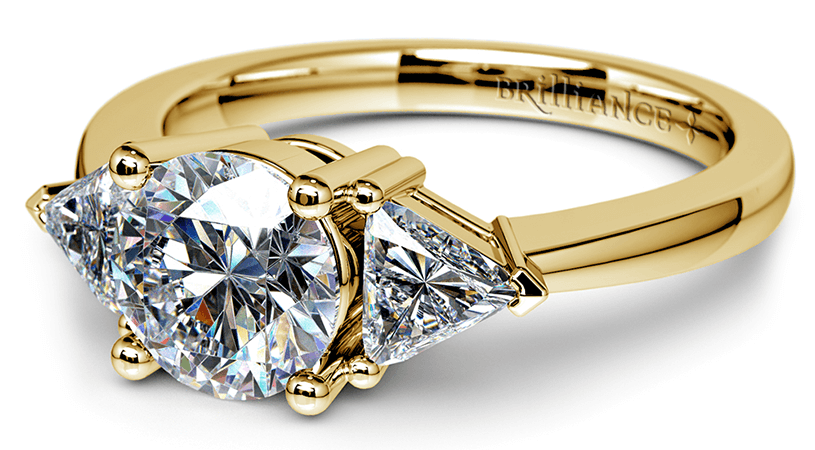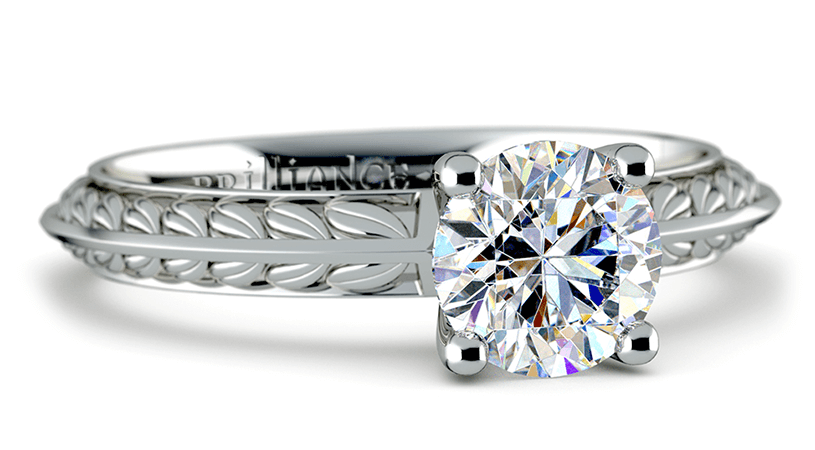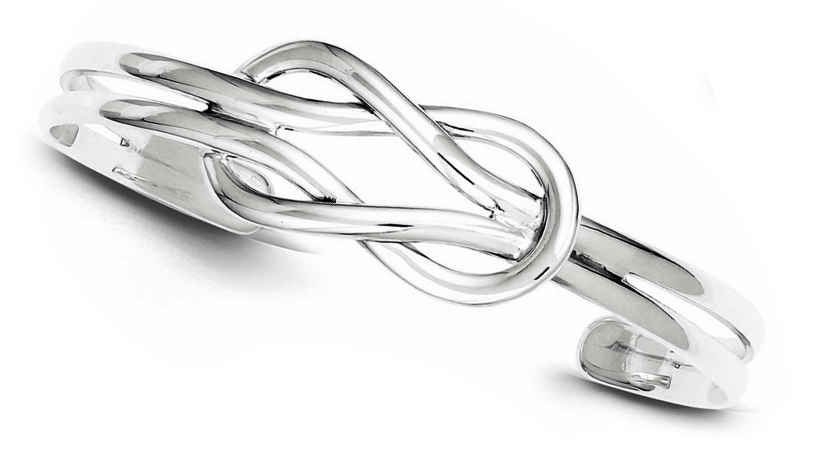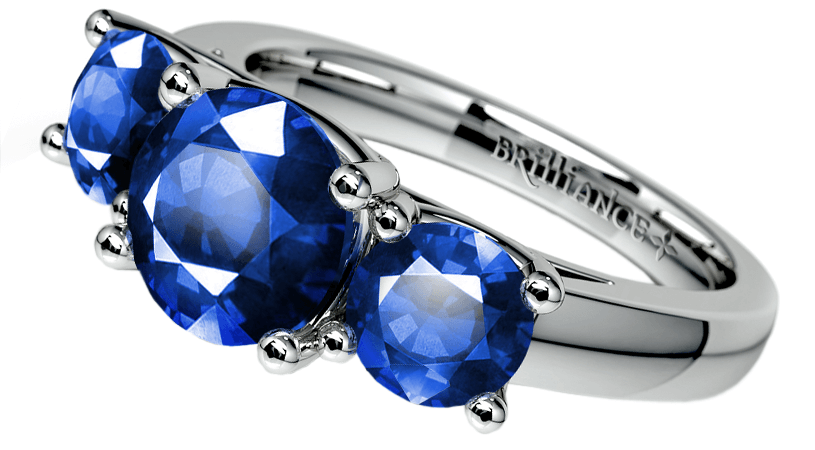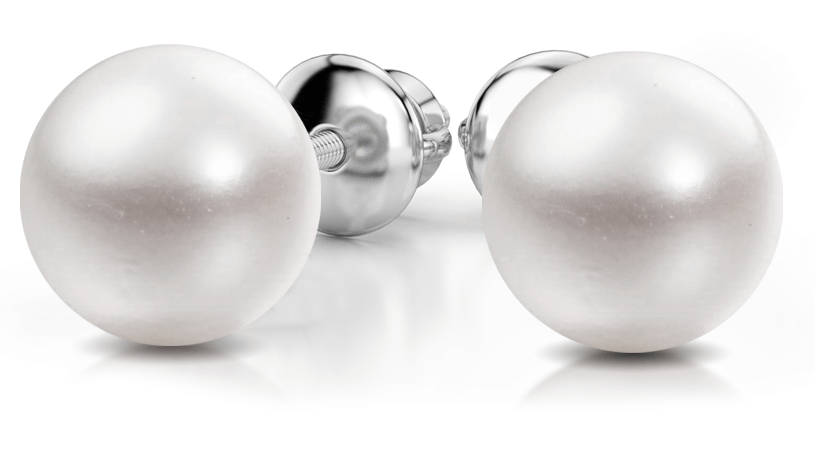Silver Jewelry Care
Its relative softness requires that silver jewelry be treated with extra care to prevent scratching and tarnishing. Keep your sterling silver pieces looking beautiful by following our expert recommendations for care, cleaning, and storage.
Dirt and smudges can be easily removed from silver by dry-polishing the surface with a soft cloth. Avoid coarse towels or fabrics, which can cause scratches. Although soft detergents mixed with warm water are fine, don’t expose your silver to harsh soaps or chemical-based cleansers.
Ensure peace of mind by taking your sterling silver to a professional jeweler twice a year for a comprehensive cleaning. Every few months, you may choose to have your silver piece coated with a layer of rhodium to restore its initial brilliance.
When your silver jewelry isn’t being worn, prevent tarnish, dullness, and scratching by storing prized pieces in their own soft cloth bag, sealed plastic bag, or non-tarnish jewelry box. Be sure to avoid warm, moist rooms, such as bathrooms and kitchens, opting for a cool, dry area instead.
